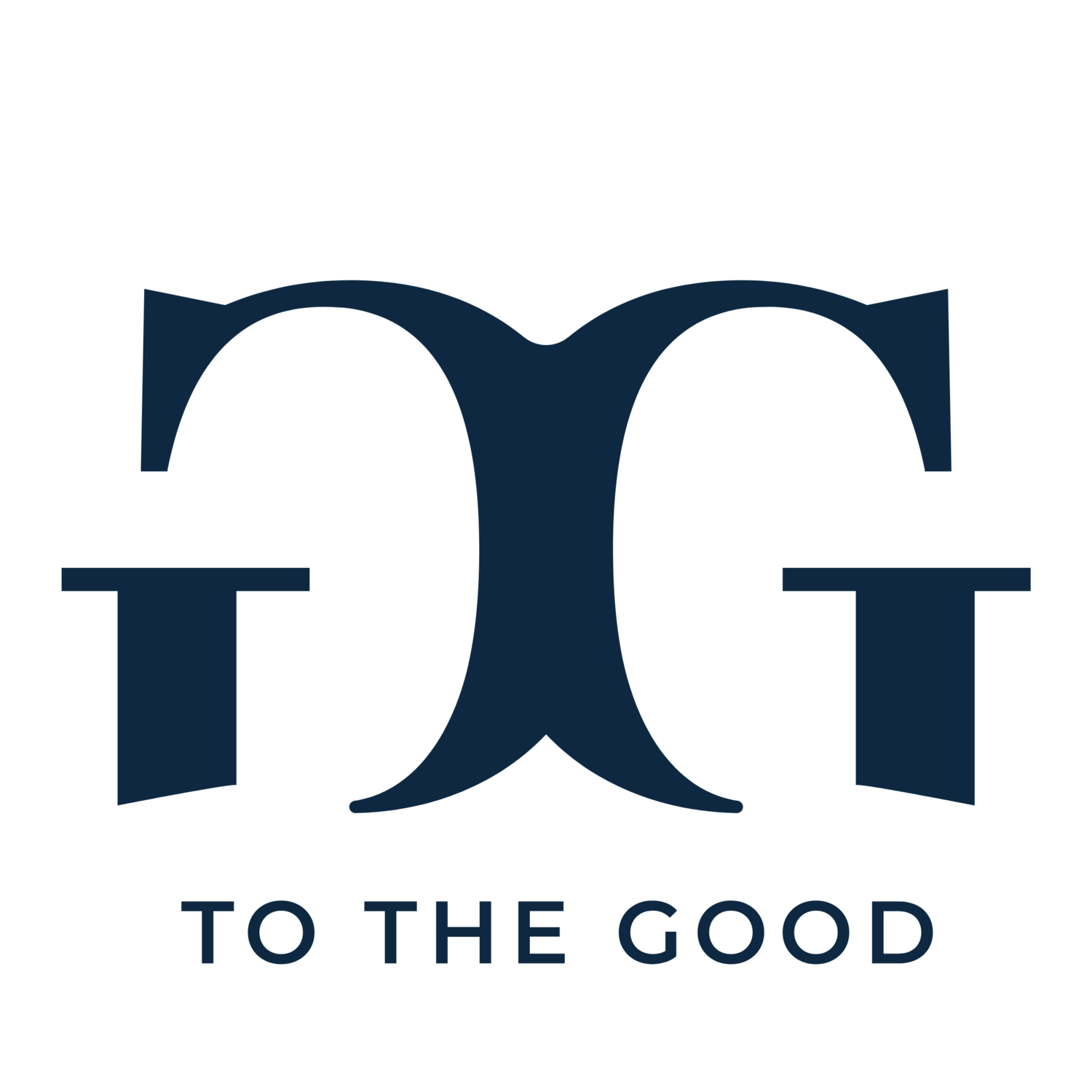GOOD NEWS: Windfall Giving
Windfall Giving
Thanks to especially but not only MacKenzie Scott and Melinda Gates, so-called "windfall giving" is a topic of much discussion among my donor and nonprofit clients. We live in an era of extraordinary wealth and wealth transfers. When and how to make or receive big philanthropic investments is top of mind among those seeking to leverage or secure significant resources that can alter the life of an organization - for good or ill.
A few takeaways for your foundation's or nonprofit's consideration:
Giving Big and Big Impact: Thanks to The Center for Effective Philanthropy's Giving Big study, we have well researched, preliminary findings about some of the effects of MacKenzie Scott's giving. The full report (View Here) is worth reading but its three main findings are:
1. Nonprofit leaders state that these large, unrestricted gifts are transformational to their organizations and their leadership. More money does seem to enable more mission.
2. Nonprofits are using the grant money to improve or expand existing work and engage in new work, often adding new staff to notoriously understaffed teams. Staff training and better compensation are also among the ways in which nonprofits leverage such new funding.
3. Despite a few dire predictions, these windfall gifts generally have not decreased giving from other donors. Rather, increased giving is reported and attributed to higher levels of trust in and sustainability of the organization. As long standing needs are addressed and ambitions grow, credibility and belief in the nonprofit also increase.
Be Careful What You Ask For: Organizations are better prepared for windfall gifts when they have done the hard work of thoughtful strategic planning and board development. Such gifts tend to follow years, if not decades, of programmatic success that rest squarely on effective planning and board leadership. Without the pillars of planning and board leadership, organizations sometimes find themselves scrambling to put the right plan and board in place to take advantage of new opportunities and effectively steward newfound resources. Although most are thrilled to receive significant gifts, I've met board members who view large one time gifts as more of a curse than a blessing.
Language Matters: As is always the case, the language we use to describe people, places, and events matters. Often, our language masks the reality of what is happening and lacks historical context. When it comes to "windfalls," yes the money is often unexpectedly received but generally it does not arrive in neutral settings in which decades, if not centuries, of neglect and abuse have been present. These gifts take on many aspects and feel more like reparations for past wrongs (perhaps not by the donor) than gifts.
So whether you are seeking or making windfall gifts at any level, remember that creating a windfall giving effect for an organization may simply be a matter of doubling or adding a zero to the gifts you already are making. Each of us has the potential to alter the course of a nonprofit with our votes of confidence and an intentional allocation of our resources.
Stuff Steve Is Watching, Listening To, and Reading
Nonprofit Financial Commons on Windfalls (83 minute watch)
"Windfall has the tone that we are entering into a neutral situation and almost by luck an organization is experiencing an influx of cash. In fact, these gifts are not going into situations where everything is stable and ok. These nonprofits are in very cash scarce positions. While a windfall is a piece of unexpected good fortune that is gifted to nonprofits, really we see these gifts as being something more in the area of reparations. Nonprofits are generally capital poor. The communities in which they work are historically capital poor. That puts them in the position of not being able to fund all of their operations in a steady way." Ruth McCambridge, Nonprofit Financial Commons Director of Content
Watch Here
Wallace on the Purpose of Education (23 minute listen)
"The most dangerous thing about an academic education is that it enables my tendency to over intellectualize stuff, to get lost in abstract arguments inside my head instead of simply paying attention to what is going on right in front of me. Paying attention to what is going on inside me. It is extremely difficult to stay alert and attentive instead of getting hypnotized by the constant monologue inside my head. I have come to understand that the liberal arts cliche about teaching you how to think is actually shorthand for a much deeper, more serious idea. Learning how to think really means learning how to exercise some control over how and what you think. It means being conscious and aware enough to choose what you pay attention to and how you construct meaning from experience. Because if you can not exercise this kind of choice in adult life, you will be totally hosed." David Foster Wallace, This Is Water
Listen Here
Lottery Winners: The Myth and Reality (15 minute read)
"This paper is based on a study of 576 lottery winners from 12 states. Respondents to a mailed questionnaire included winners of sums ranging from $50,000 to millions. The data indicate that popular myths and stereotypes about winners were inaccurate. Specifically, winners came from various education and employment backgrounds and they were clustered in the higher income categories than the general population and more often male (60% versus 40%). There was significant association between the amount a person won and his or her work behavior. Individuals with psychologically and financially rewarding jobs continued working regardless of the amount they won, while people working in low paying and semiskilled and unskilled jobs were far more likely to quit the labor force. Contrary to popular beliefs, winners did not engage in lavish spending sprees and instead gave large amounts of their winnings to their children and their churches." H. Roy Kaplan, Ph.D., Journal of Gambling Behavior
Read Here
Mailing Address
#1002
580 Washington Street
Boston, MA 02111
Steve Filosa
978 578 1904
www.tothegood.net


